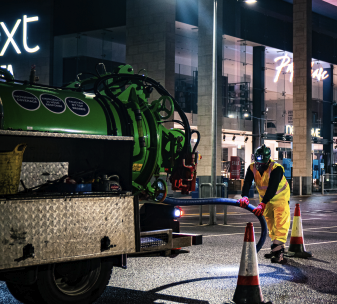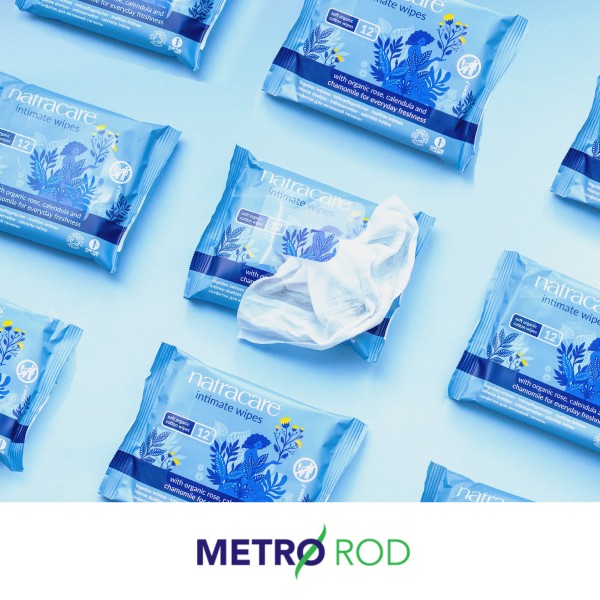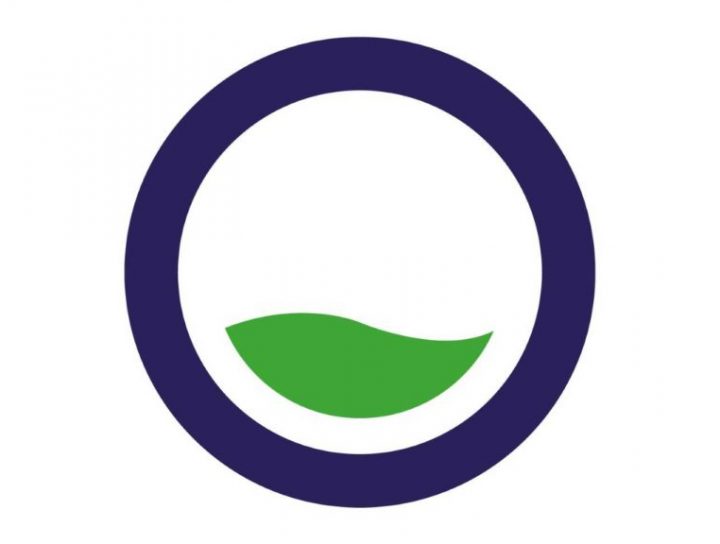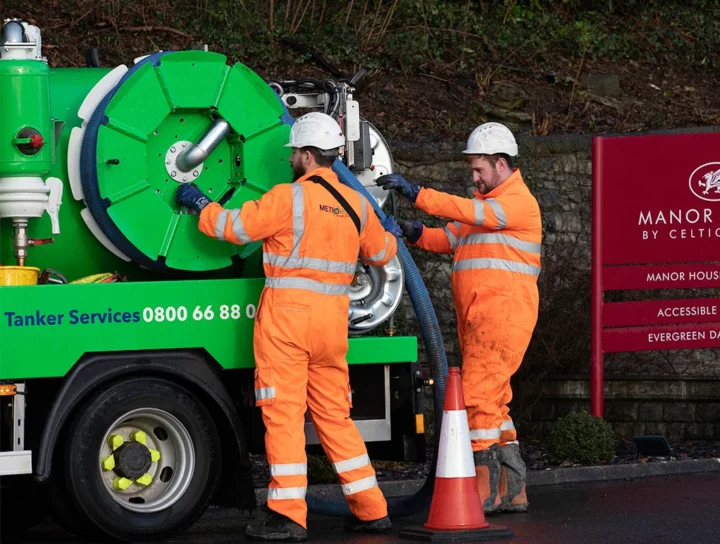A standard product found in homes throughout the UK, wet wipes are great for cleaning or disinfecting surfaces, but they can cause havoc on drainage systems when incorrectly flushed. To what extent do wet wipes impact our drains?
The Impact of Wet Wipes On Our Drains
The vast majority of wet wipes are non-biodegradable as they contain microplastic fibres. Therefore, when they enter our drainage system, they do not dissolve. When wet wipes combine with other debris within the drain, such as fats, oils or grease, there’s an increased risk of a fatberg forming.
Fatbergs are a solidified, rock-like mass created by a collection of fats, oils, grease and other non-biodegradable items such as wet wipes, nappies or cotton buds. When these materials enter our drains, they increase the existing fatberg’s mass. Over time, the fatberg will grow large enough to restrict the space within the pipe and limit water flow. This can lead to blocked and damaged drains. For more information on the impact of fatbergs and how to prevent them, read our
So the question remains…
Can You Flush Flushable Wet Wipes?
Many wet wipe manufacturers label their products as “flushable” or “biodegradable”. Unfortunately, many wet wipes advertised as “flushable” still contain microplastic fibres and therefore won’t dissolve when they enter the drain. As such, these mislabelled products should be disposed of correctly and not flushed down the toilet.
Fine to Flush Certification
In recent years, a new official standard has been developed to tackle the problem of fatbergs. The “Fine to Flush” test is a scientific testing process for identifying which wet wipes are safe to enter our drains. Wet wipe manufacturers can apply to have their products tested, and if they pass, they will be provided with a “Fine to Flush” symbol to include on their packaging.
If this symbol is on the product’s packaging, it shows the item is safe to flush and will not harm the drainage system.
How to Protect Your Drains
Drainage systems are a fundamental component of any property. So, it’s important to ensure they remain in optimal condition and prevent unwanted issues from arising.
Bin it, Don’t Flush it
As many drainage problems occur due to non-flushable items entering the drain, it’s important to dispose of these correctly by throwing them in the bin rather than flushing them down the toilet. This is especially important for the environment as wet wipes cause visible pollution and risk harming wildlife.
Confused about What to Flush? Remember…Only Flush the 3 P’s – Pee, Poo, Paper
Ensuring the only items being flushed down the toilet are pee, poo, and toilet paper can help increase their longevity and reduce the likelihood of serious problems, like fatbergs, from occurring.
Regularly Maintain Your Drains
When it comes to blocked drains, there are a few tell-tale signs to look out for, including:
- Water draining slower than usual
- Damp patches inside or outside your property
- Cracks on your internal or external walls
- Standing water near the drain covers in your garden or driveway
- Large puddles on your lawn when it hasn’t rained heavily
These drainage issues often pop up when you least expect them. Routine drain maintenance is an excellent method for safeguarding against faults such as blockages or damaged drains, and preventing further disruption to your day to day life.
Contact a Drain Unblocking Specialist
Signs of a blocked drain? At Metro Rod, we have over 35 years of experience unblocking drains and removing fatbergs. All our engineers are fully trained and equipped to not only unblock the drain but provide expert drain repair solutions to ensure your drainage system returns to good working order.
If your drain has become blocked or needs repairing, contact your local Metro Rod depot or call us on 0800 66 88 00.

Talk to your local Metro Rod specialist
We are always happy to arrange a free site assessment and no obligation quotations for any work you might need. Alternatively, you can call our emergency hotline number on 0800 66 88 00
Get in touch Drainage Services

